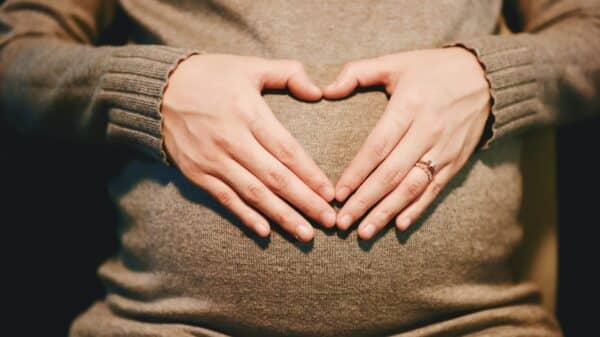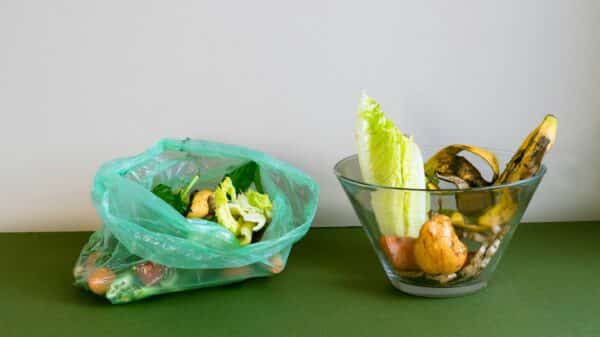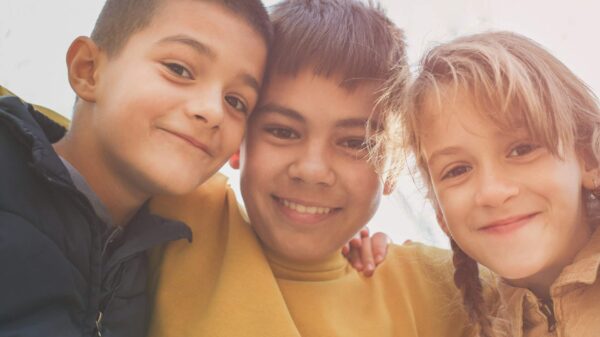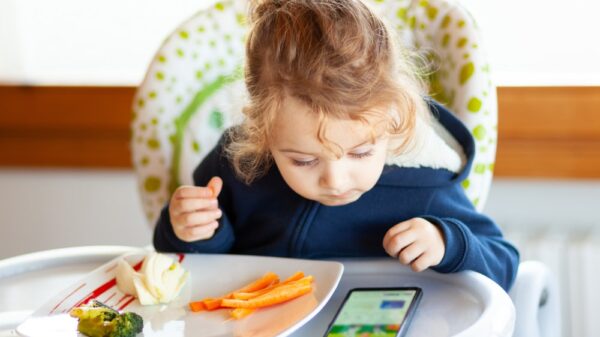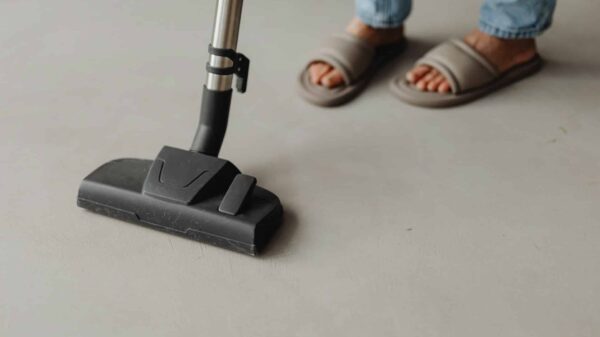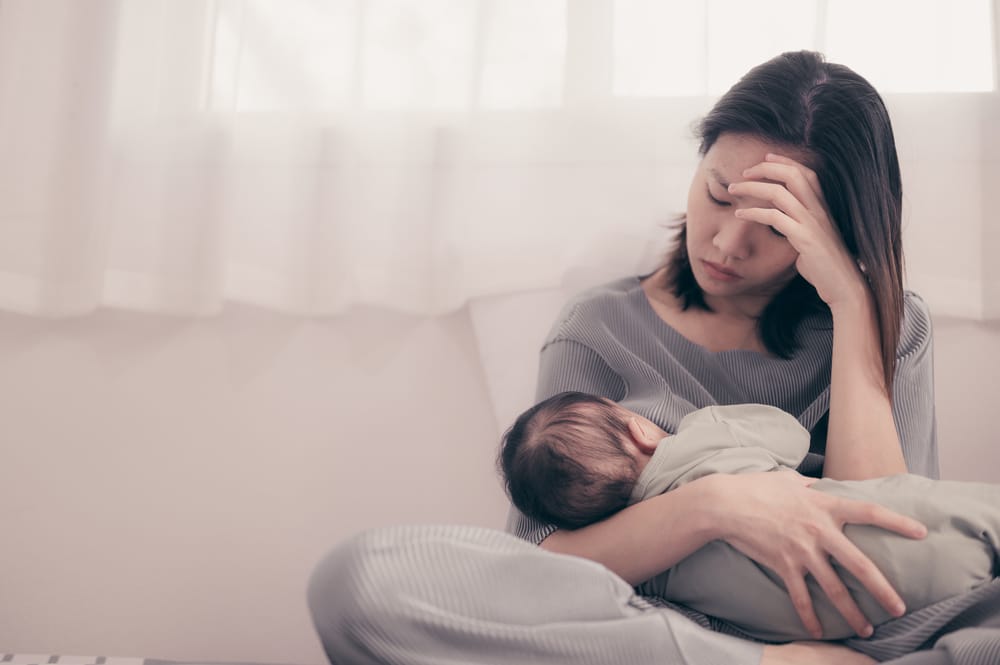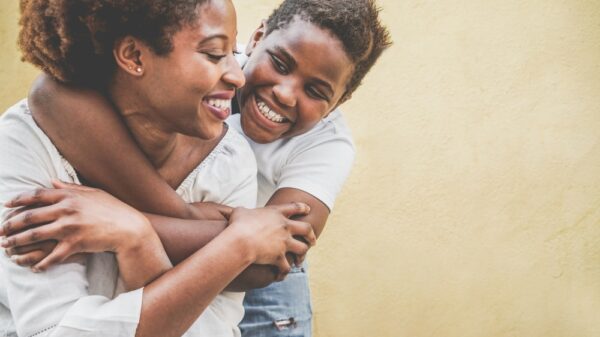If you’re a mother, you’ve likely sensed that something isn’t quite right—a feeling that resonates with many. Yet, recent statistics have begun to clarify how many moms are grappling with challenges to both their physical and mental well-being.
A study recently featured in JAMA Internal Medicine scrutinized data from between 2016 and 2023, encompassing nearly 200,000 mothers with children aged from infancy to 17 years. These mothers assessed their physical and mental health on a scale ranging from “excellent” to “poor.” The findings were troubling, indicating a clear decline in the health of mothers over this period. It’s not hard to understand the reasons for such a downturn when we reflect on the significant changes in our society.
The study uncovered that the proportion of mothers reporting “excellent” physical health fell from 28.0% to 23.9%. However, there is a silver lining: the percentage of moms rating their health as “good” increased from 24.3% to 28.1%. This improvement may stem from those who previously indicated having “excellent” health. Meanwhile, the rates of mothers considering their health as “fair” or “poor” remained relatively steady, which is not particularly reassuring.
The situation was even more alarming regarding mental health. The percentage of mothers classifying their mental health as “excellent” plummeted from 38.4% to 25.8%. Conversely, those reporting “good” mental health rose from 18.8% to 26.1%. However, the increase in the number of mothers experiencing “fair” or “poor” mental health—from 5.5% to 8.5%—is notable and concerning.
Upon adjusting for variables like income and education, the results were particularly stark for single mothers and those with lower educational attainment, along with moms whose children were uninsured or reliant on public health programs. In these demographics, there was a 4.2 percentage point drop in excellent physical health, a dramatic 12.4 percentage point decrease in excellent mental health, and a 3.5 point increase in fair/poor mental health.
These results resonate with broader studies indicating escalating rates of anxiety and depression among women within similar age groups. The authors even suggested that maternal mortality could act as an indicator of women’s health issues at large. This situation transcends statistics—it’s about real mothers enduring substantial challenges.
Although the researchers have called for further investigation to identify the underlying causes of this decline, they propose several factors: limited access to mental health services, social isolation, rising substance use disorders, and mounting stressors such as increasing living costs, income inequality, systemic racism, gun violence, and climate change. These pressing issues undoubtedly contribute to the burdens mothers face daily.
In examining Generation Z, discussions have emerged regarding how their declining mental health may relate to their upbringing in the social media era, where pressure to maintain a flawless image can feel overwhelming. While growing awareness and acceptance of mental health issues may provide some solace, they also spotlight the intricate challenges facing young mothers today.
Despite these enlightening findings, it’s vital to recognize the study’s limitations. Self-reported data can only provide a partial view, and the use of Likert scales may not fully capture the experiences of these mothers. Moreover, significant socioeconomic factors might be absent from the data, which could lead to a more nuanced understanding of these trends. Nonetheless, having access to this information is crucial as researchers and advocates strive to address the ongoing hurdles confronting mothers everywhere.
Motherhood is already a challenging journey, filled with unending responsibilities, sleepless nights, and the emotional highs and lows of raising children. Knowing that many of us share similar experiences can offer some comfort, even when the reality is daunting. It is essential to uplift one another and advocate for the resources and changes necessary to help mothers reclaim their health and well-being.
Image Source: GrooveZ / Shutterstock

